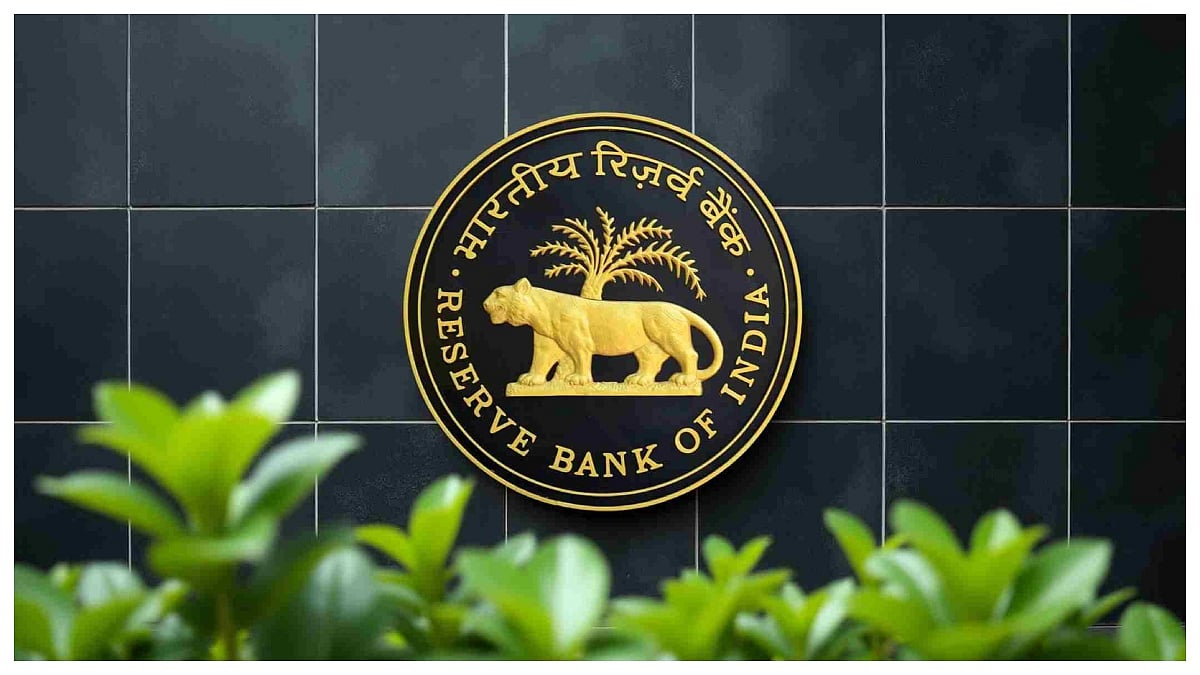In this decade many cases laws which showed that India was trailing other countries in recognising individual's rights have been struck down.
In India’s common law system, judgements are critical for setting a precedent that serves as the foundation for delivering justice. With changing nature of the society, Indian Constitution also goes through a transformation. Changes and with that need to change in the judicial system is required. In India, there are some cases that have created a landmark and helped in generating new laws.
1. Decriminalistion of Gay Sex - Section 377 Partly Struck Down
Section 377 of the Indian Penal Code is a section of the Indian Penal Code introduced in 1861 during the British rule of India. Modelled on the Buggery Act of 1533, it makes sexual activities "against the order of nature" illegal. On 6 September 2018, the Supreme Court of India ruled that the application of Section 377 to consensual homosexual sex between adults was unconstitutional, "irrational, indefensible and manifestly arbitrary", but that Section 377 remains in force relating to sex with minors, non-consensual sexual acts, and bestiality.
2. Adultery not a crime
The Supreme Court in 2018 unanimously struck down a 158-year-old law that considers adultery to be an offence committed by one man against another, and has been criticised for treating women as possessions rather than human beings.
The court declared that Section 497 of the Indian Penal Code -- the adultery law -- was unconstitutional (See factbox below). The section reads: "Whoever has sexual intercourse with a person who is and whom he knows or has reason to believe to be the wife of another man, without the consent or connivance of that man, such sexual intercourse not amounting to the offence of rape, is guilty of the offence of adultery." Adultery is no longer a crime, but it will continue to be grounds for divorce.3. Aadhaar Constitutional but making it mandatory is unconstitutional
The Supreme Court upheld the constitutional validity of the government’s Aadhaar scheme as pro-poor and inclusionary, but scrapped provisions of the legislation that were seen as enabling surveillance by the state, lawyers said. Aadhaar won’t be mandatory for opening bank accounts, getting a phone connection or school admissions, the constitutional bench ruled. It also said an Aadhaar holder’s data can’t be disclosed on the grounds of national security.
4. Lifting ban on entry of women (aged 10-50) inside Sabarimala Temple
In 2006, six women, members of the Indian Young Lawyers' Association, petitioned the Supreme Court of India to lift the ban against women between the ages of 10 and 50 entering the Sabarimala temple. They argued that the practice was a violation of their constitutional rights and questioned the validity of provisions in the Kerala Hindu Places of Public Worship (Authorisation of Entry) Rules act of 1965 which supported it.
In September 2018 the Supreme Court of India ruled that women of all age groups can enter Sabarimala temple. The court ruled thus: We have no hesitation in saying that such an exclusionary practice violates the right of women to visit and enter a temple to freely practice Hindu religion and to exhibit her devotion towards Lord Ayyappa. The denial of this right to women significantly denudes them of their right to worship.
The verdict was passed with a 4-1 majority where Chief Justice Dipak Misra, and Justices A. M. Khanwilkar, R. F. Nariman and D. Y. Chandrachud favoured permitting women to enter the temple, while Justice Indu Malhotra dissented. Indu Malhotra said that every individual should be allowed to practice their faith irrespective of whether the practice is rational or logical. The Supreme Court observed that the custom of barring women was in violation of Article 25 (Clause 1) and Rule 3(b) of Kerala Hindu Places of Worship. The petition that led to this verdict was filed by the Indian Young Lawyers Association.
5. Ayodhya verdict
The final judgement in the Ayodhya dispute was declared by the Supreme Court of India on 9 November 2019. The Supreme Court of India ordered the disputed land (2.77 acres) to be handed over to a trust (to be created by Government of India) to build the Ram Janmabhoomi (revered as the birthplace of Hindu deity, Ram) temple. The court also ordered the government to give an alternate 5 acres of land in another place to the Sunni Waqf Board for the purpose of building a mosque.






